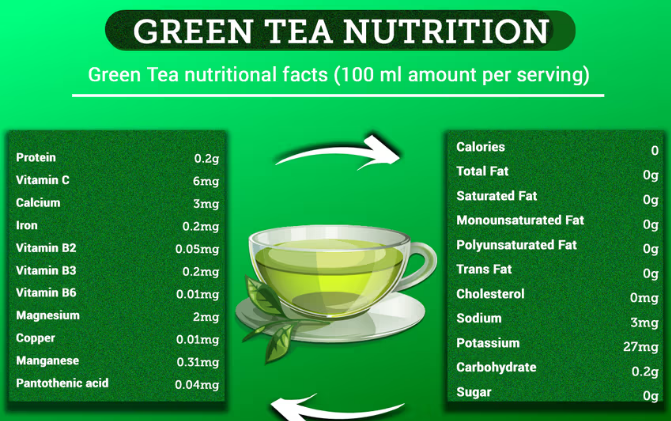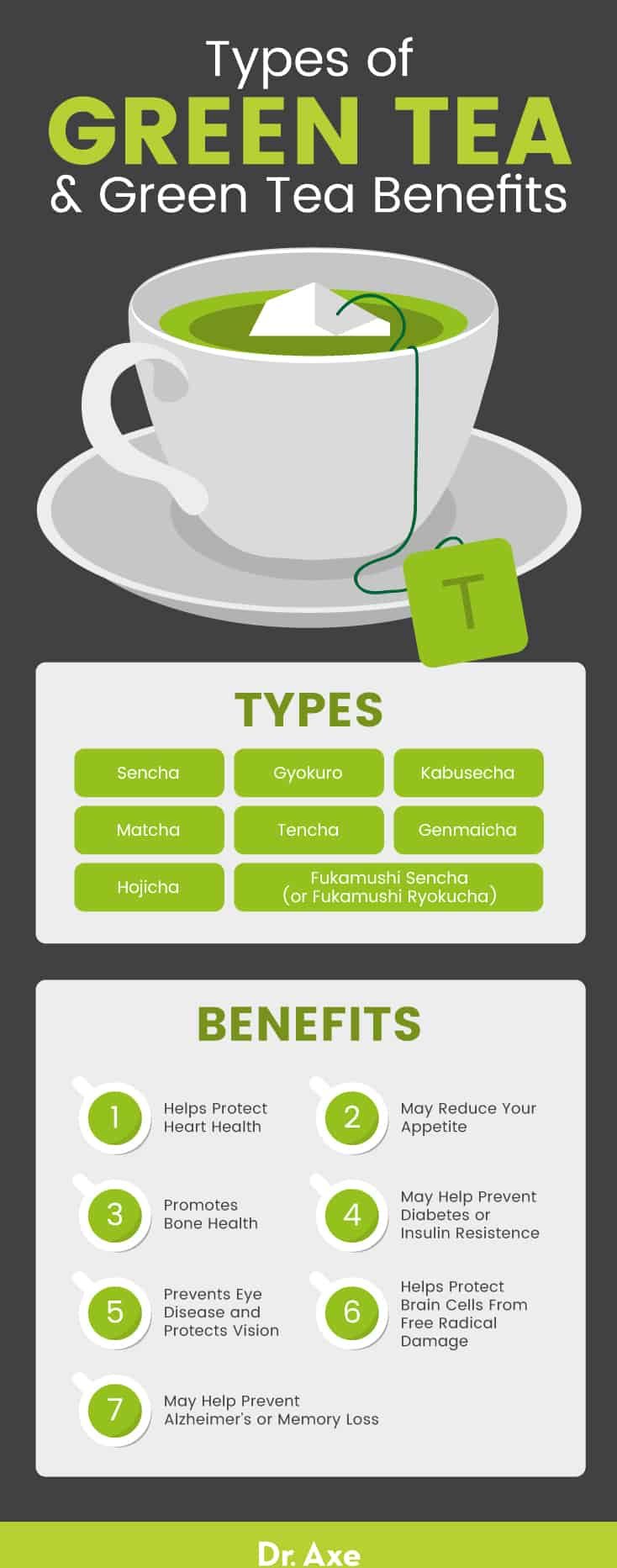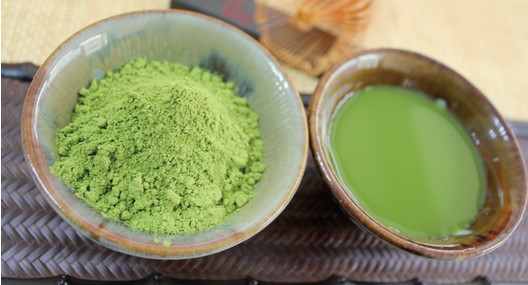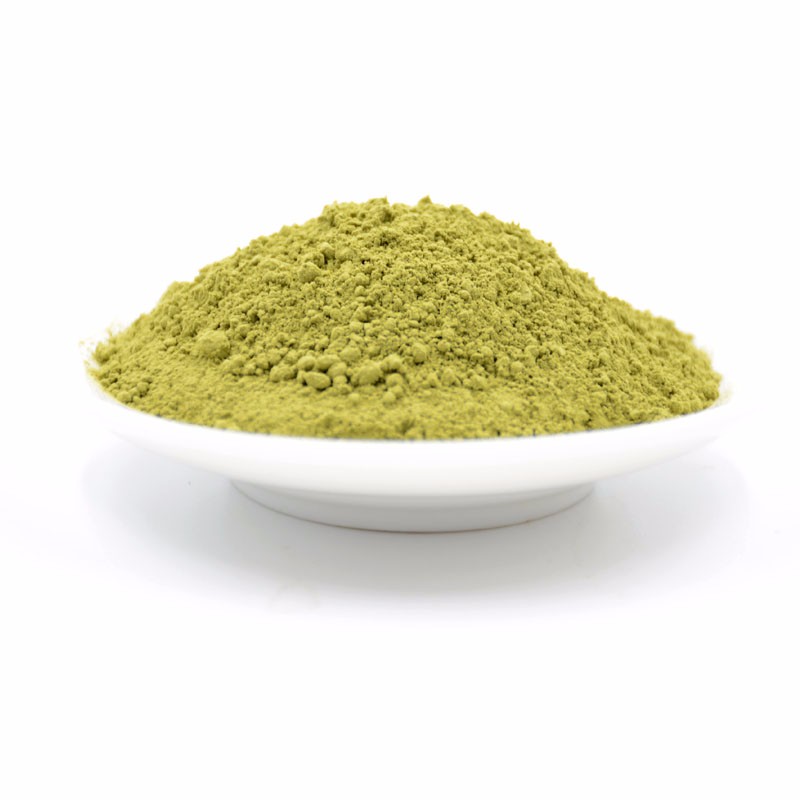Content Menu
● The Essence of Green Tea
● Green Tea Extract: A Concentrated Form
● The Composition of Green Tea Extract
● The Concentration Factor
● Health Benefits of Green Tea Extract
● Green Tea Extract vs. Brewed Green Tea
● Absorption and Bioavailability
● Safety and Considerations
● The Future of Green Tea Extract Research
● Conclusion
● Questions and Answers
Green tea has been a beloved beverage for centuries, cherished not only for its delicate flavor but also for its numerous health benefits. In recent years, green tea extract has gained popularity as a dietary supplement, promising to deliver the benefits of green tea in a more concentrated form. However, this raises an intriguing question: Does green tea extract actually contain green tea? To answer this question and explore the world of green tea extract, we need to delve into its composition, benefits, and the science behind this powerful supplement.

The Essence of Green Tea
Before we can understand green tea extract, we must first appreciate the nature of green tea itself. Green tea is derived from the leaves of the Camellia sinensis plant, the same plant that gives us black tea, oolong tea, and white tea. The key difference lies in the processing method. While black tea undergoes fermentation, green tea leaves are quickly heated after harvesting to prevent oxidation, preserving their natural green color and delicate flavor profile.
What makes green tea special is its rich composition of bioactive compounds, particularly a group of polyphenols called catechins. These catechins are powerful antioxidants that contribute to many of green tea's health benefits. The most abundant and well-studied catechin in green tea is epigallocatechin gallate (EGCG), which is often considered the star player in green tea's health-promoting properties.
Green Tea Extract: A Concentrated Form
Now, let's address the central question: Does green tea extract have green tea in it? The short answer is yes, but with a twist. Green tea extract is essentially a concentrated form of the beneficial compounds found in green tea leaves. It's created by extracting these compounds from green tea leaves using water and sometimes alcohol as solvents. The resulting extract is then typically dried into a powder or encapsulated in pill form.
So, while green tea extract doesn't contain whole green tea leaves, it does contain the most important components of green tea, particularly the catechins and other polyphenols. In fact, green tea extract is often standardized to contain a specific percentage of catechins or EGCG, ensuring a consistent and potent dose of these beneficial compounds.
The Composition of Green Tea Extract
Green tea extract is a complex mixture of compounds, mirroring the composition of brewed green tea but in a more concentrated form. The main components include:
1. Catechins: As mentioned earlier, catechins are the primary polyphenols in green tea. EGCG is the most abundant, followed by epicatechin gallate (ECG), epigallocatechin (EGC), and epicatechin (EC). These catechins are responsible for many of the health benefits associated with green tea.
2. Other Polyphenols: Green tea extract also contains other types of polyphenols, such as flavonoids and phenolic acids, which contribute to its antioxidant properties.
3. Caffeine: While the caffeine content in green tea extract can vary, it typically contains some caffeine, although often in lower amounts than a cup of brewed green tea.
4. L-theanine: This amino acid, found almost exclusively in tea, is known for its calming effects and ability to promote relaxation without drowsiness.
5. Vitamins and Minerals: Green tea extract may contain small amounts of vitamins (such as vitamin C and various B vitamins) and minerals (like manganese and potassium) naturally present in green tea leaves.

The Concentration Factor
One of the key advantages of green tea extract is its concentration. A single dose of green tea extract can provide the equivalent of multiple cups of green tea in terms of beneficial compounds. For example, while a cup of brewed green tea might contain 50-100 mg of polyphenols, a green tea extract supplement could provide 500 mg or more in a single serving. This concentration allows for potentially greater health benefits without the need to consume large volumes of liquid.
Health Benefits of Green Tea Extract
The concentrated nature of green tea extract means that it may offer more potent health benefits compared to drinking green tea. Some of the potential benefits associated with green tea extract include:
1. Powerful Antioxidant Properties: The high concentration of catechins in green tea extract provides strong antioxidant protection, helping to neutralize harmful free radicals in the body and reduce oxidative stress.
2. Weight Management Support: Some studies suggest that green tea extract may boost metabolism and increase fat burning, potentially aiding in weight loss efforts when combined with a healthy diet and exercise.
3. Heart Health: The polyphenols in green tea extract may help support cardiovascular health by improving cholesterol levels and supporting healthy blood pressure.
4. Brain Function: The combination of caffeine and L-theanine in green tea extract may enhance cognitive function, improving alertness, memory, and mood.
5. Liver Support: Some research indicates that green tea extract may help protect the liver from damage and improve its function.
6. Skin Health: The antioxidants in green tea extract may help protect the skin from UV damage and signs of aging when applied topically or consumed orally.
7. Athletic Performance: Some athletes use green tea extract to improve endurance and recovery due to its potential to increase fat oxidation during exercise.
8. Cancer Prevention: While more research is needed, some studies suggest that the antioxidants in green tea extract may have cancer-fighting properties.

Green Tea Extract vs. Brewed Green Tea
While green tea extract offers a concentrated dose of beneficial compounds, it's worth considering how it compares to traditionally brewed green tea:
Convenience: Green tea extract supplements are more convenient for those who don't enjoy drinking tea or don't have time to brew multiple cups a day.
Dosage Control: Supplements allow for precise dosing of catechins and other compounds, which can be beneficial for research purposes or specific health goals.
Caffeine Content: Green tea extract often contains less caffeine than brewed green tea, which may be preferable for those sensitive to caffeine.
Whole Food Benefits: Brewed green tea contains additional compounds that may be lost in the extraction process, as well as the ritual and enjoyment of drinking tea.
Hydration: Drinking green tea contributes to daily fluid intake, while supplements do not.
Cost: While the initial cost of supplements may be higher, they can be more economical in the long run compared to premium green tea leaves.
Absorption and Bioavailability
An important consideration when discussing green tea extract is the bioavailability of its compounds. Bioavailability refers to the proportion of a substance that enters the circulation when introduced into the body and can have an active effect. Some studies suggest that the bioavailability of catechins from green tea extract may be lower than from brewed green tea, possibly due to the absence of other compounds present in whole tea leaves that aid in absorption.
However, manufacturers have developed various techniques to enhance the bioavailability of green tea extract, such as using phospholipid complexes or combining the extract with piperine (a compound found in black pepper). These formulations aim to increase the absorption and effectiveness of the extract's beneficial compounds.

Safety and Considerations
While green tea extract is generally considered safe for most people when used as directed, it's important to be aware of potential side effects and interactions:
1. Caffeine Sensitivity: Even though green tea extract often contains less caffeine than brewed tea, it may still cause issues for those sensitive to caffeine.
2. Liver Concerns: In rare cases, high doses of green tea extract have been associated with liver problems. It's crucial to follow recommended dosages and consult with a healthcare provider.
3. Iron Absorption: The catechins in green tea extract may interfere with iron absorption, which could be a concern for those with iron deficiency.
4. Medication Interactions: Green tea extract may interact with certain medications, including blood thinners and some antibiotics.
5. Pregnancy and Breastfeeding: Pregnant and breastfeeding women should consult their healthcare provider before using green tea extract supplements.
The Future of Green Tea Extract Research
As interest in natural health solutions continues to grow, research into green tea extract is expanding. Scientists are exploring its potential in various areas, including:
1. Cancer Prevention and Treatment: Ongoing studies are investigating the role of green tea catechins in preventing and potentially treating various types of cancer.
2. Neurodegenerative Diseases: Researchers are examining the neuroprotective effects of green tea extract in conditions like Alzheimer's and Parkinson's disease.
3. Metabolic Health: Further studies are looking at how green tea extract might help manage conditions like diabetes and metabolic syndrome.
4. Personalized Nutrition: As our understanding of genetics and individual responses to nutrients improves, researchers are exploring how different people may benefit from green tea extract based on their genetic makeup.
5. Novel Delivery Methods: Scientists are working on new ways to deliver green tea extract more effectively, such as through nanotechnology or targeted delivery systems.
Conclusion
In answering the question "Does Green Tea Extract Have Green Tea in It?", we've discovered that while green tea extract doesn't contain whole green tea leaves, it does contain the most important components of green tea, particularly the beneficial catechins and other polyphenols. Green tea extract offers a concentrated form of these compounds, potentially providing more potent health benefits than drinking green tea alone.
However, it's important to remember that green tea extract is not a magic bullet. It should be viewed as part of a holistic approach to health, complementing a balanced diet, regular exercise, and overall healthy lifestyle. Whether you choose to enjoy a cup of brewed green tea or opt for the convenience of green tea extract supplements, you're tapping into centuries of traditional wisdom backed by modern scientific research.
As with any supplement, it's wise to consult with a healthcare professional before adding green tea extract to your routine, especially if you have pre-existing health conditions or are taking medications. By understanding the nature of green tea extract and using it responsibly, you can potentially harness the power of green tea's beneficial compounds in a concentrated, convenient form.

Questions and Answers
Q: Is green tea extract the same as drinking green tea?
A: While green tea extract contains the same beneficial compounds found in green tea, it's a more concentrated form. It doesn't provide the same experience or hydration as drinking green tea, but it can deliver a higher dose of catechins and other polyphenols in a more convenient form.
Q: How much green tea extract equals a cup of green tea?
A: This can vary depending on the specific extract and the quality of the green tea, but generally, a 250-500mg capsule of green tea extract can provide the catechin content of about 2-3 cups of brewed green tea.
Q: Are there any side effects of taking green tea extract?
A: While generally safe, some people may experience side effects such as caffeine-related issues (insomnia, nervousness), stomach upset, or iron absorption interference. In rare cases, high doses have been associated with liver problems. It's always best to follow recommended dosages and consult with a healthcare provider.
Q: Can green tea extract help with weight loss?
A: Some studies suggest that green tea extract may boost metabolism and increase fat burning, potentially aiding in weight loss when combined with a healthy diet and exercise. However, it's not a magic solution and should be part of a comprehensive weight management plan.
Q: Is it better to drink green tea or take green tea extract?
A: Both have their benefits. Drinking green tea provides hydration, the enjoyment of the beverage, and a more complete profile of tea compounds. Green tea extract offers convenience and a more concentrated dose of beneficial compounds. The choice depends on personal preference and health goals.
































